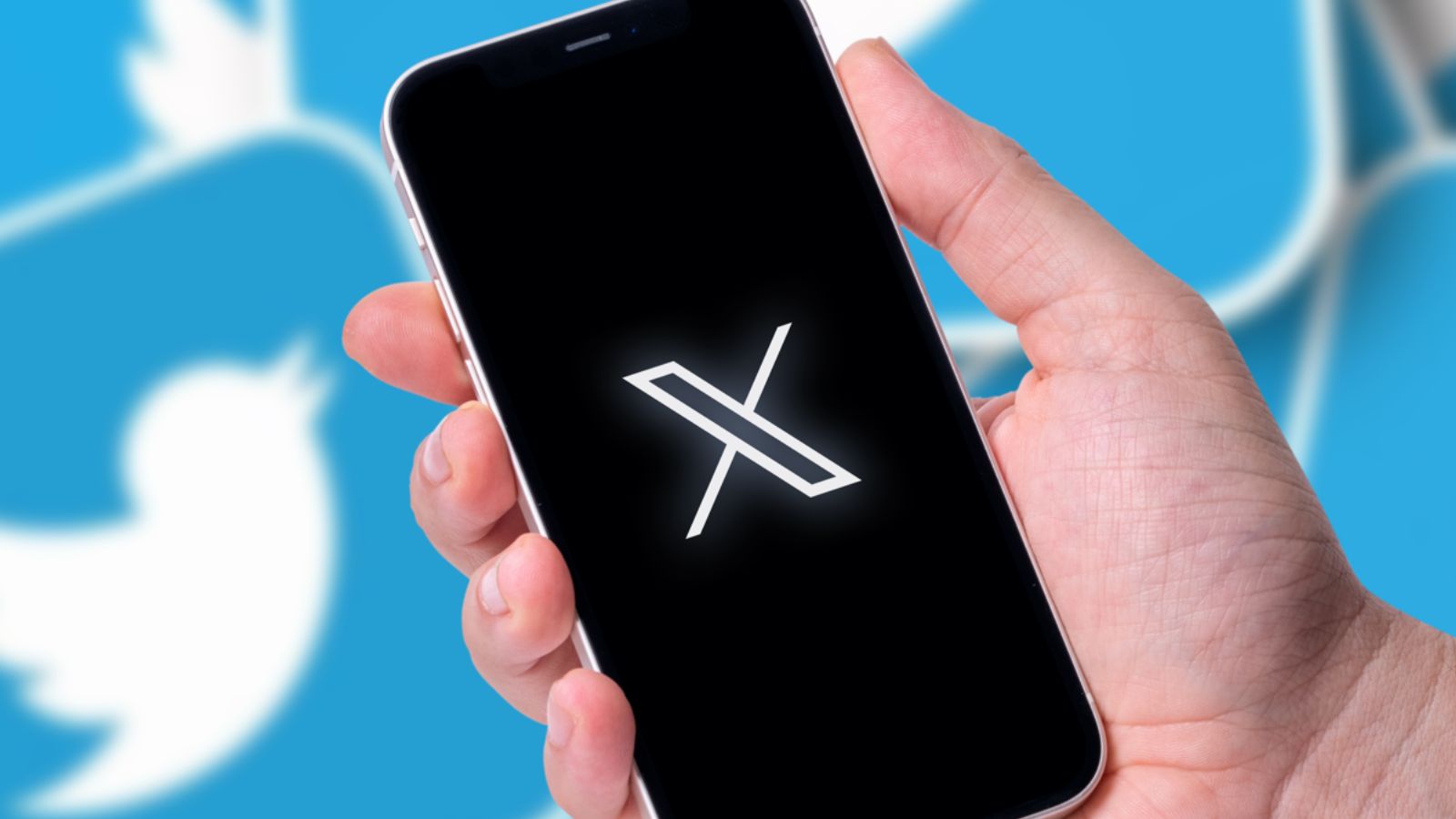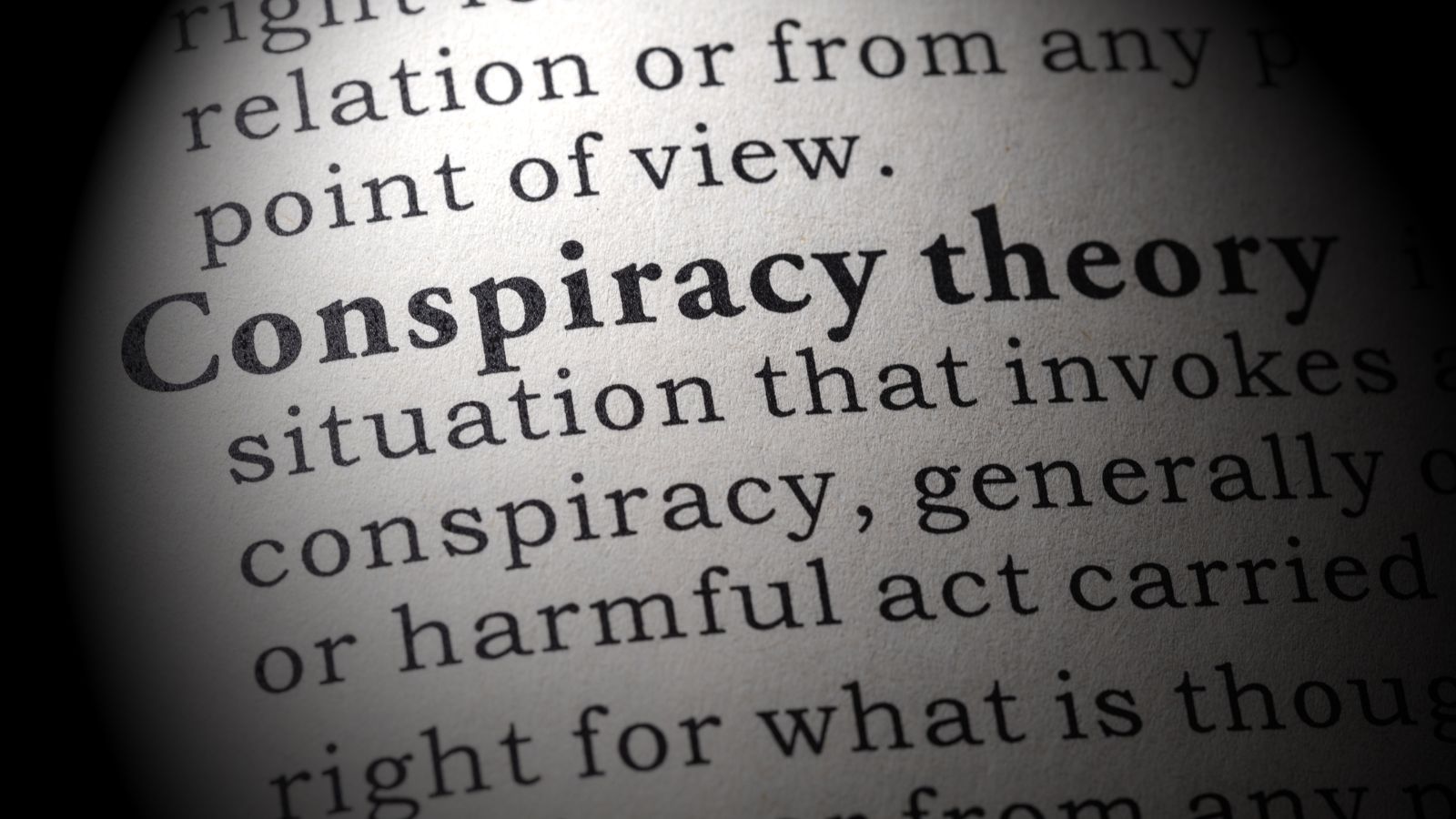Marjorie Taylor Greene, the Georgia representative known for her controversial statements, recently shared an intriguing incident in her Washington, D.C. residence. Her TV mysteriously turned on, and the screen displayed an attempt to connect to someone’s laptop. Greene, who has been vocal about her distrust of government agencies, quickly took to X (formerly Twitter) to share her concerns.
A Strange Incident Unfolds

In a tweet that captured the attention of her followers, Greene recounted her unusual experience. “Last night in my DC residence, the television turned on by itself, and the screen showed someone’s laptop trying to connect to the TV,” she wrote. Greene went on to emphasize her good health and her unvaccinated status, dismissing concerns about potential health risks associated with vaccines.
No Fear in Speaking Out

Greene’s outspoken nature was evident as she continued, “I just love my country and the people and know how much they’ve been screwed over by the corrupt people in our government, and I’m not willing to be quiet about it.” Her commitment to addressing what she sees as government corruption is unwavering, and she sees no reason to remain silent.
FBI Warnings and Greene’s Distrust

Marjorie Taylor Greene’s skepticism of the government, particularly the FBI, is well-documented. She shared an article from CBS titled, “Your smart TV might be spying on you, FBI warns,” which seemed to align with her concerns. While some may view her claims with skepticism, her reservations about government surveillance and her willingness to question authority are consistent with her political stance.
Doubts and Skepticism Emerge

In response to her tweet, social media users had a mixed bag of reactions. Some expressed doubts, with one person suggesting, “Pass a law requiring good health, Marge!” Others dismissed her experience as a dream and encouraged her to go back to sleep. A few individuals wanted proof to substantiate her claims, which she has not provided as of yet.
A Distrustful Feed

Marjorie Taylor Greene’s retweeted a photoshopped image of former President Obama allegedly hiding in bushes with binoculars, possibly alluding to her concerns about surveillance. Additionally, she shared tweets calling for President Joe Biden’s impeachment based on news clippings.
Questionable Claims

It’s important to note that Greene is no stranger to making controversial claims. Political analyst Craig Agranoff commented on her tweet, saying, “Marjorie Taylor Greene’s tweet about her TV turning on by itself certainly seems bizarre, and it’s hard to say for sure what she meant by it. However, it does seem to play into her previous conspiracy theories about the government spying on her.” Greene’s history of outlandish claims that have been debunked has raised doubts about the veracity of her statements.
A Look at Smart TVs and Privacy Concerns

Internet-connected TVs, like the one Greene owns, can collect personal data through a technology known as automatic content recognition. However, in Greene’s case, it’s more likely a technical glitch than deliberate surveillance. The incident highlights the broader concern about the privacy implications of modern technology, especially for those who share Greene’s distrust of science and government.
A New Age of Technology

The advent of smart TVs and the Internet of Things (IoT) has revolutionized the way we consume entertainment. These devices offer convenience and interactivity, allowing users to stream content, control devices, and even connect to the internet. However, with these benefits come potential risks to privacy and security.
The Dark Side of Smart TVs

Smart TVs can gather a vast amount of data about their users, including what shows they watch, their preferences, and even their browsing habits. This information is often used for targeted advertising and content recommendations. While this can enhance the user experience, it raises concerns about how this data is stored and whether it’s vulnerable to hacking or misuse.
Automatic Content Recognition (ACR)

One of the technologies behind these data-collection capabilities is Automatic Content Recognition (ACR). ACR allows smart TVs to identify the content you’re watching and send that data to manufacturers or third-party companies. While this feature can be useful for improving recommendations, it also raises questions about who has access to this data and how it’s used.
Privacy Concerns and Safeguards

It’s essential for smart TV users to be aware of the potential privacy risks and take steps to protect their data. Most smart TVs offer settings to disable ACR, and users can also review their privacy options to limit the information collected. Additionally, staying up-to-date with software updates and using strong, unique passwords can help enhance security.
Greene’s Unusual Experience

In Marjorie Taylor Greene’s case, her TV’s unexpected behavior may have been a mere technical issue, unrelated to surveillance. However, her immediate assumption of government involvement highlights her deep-seated skepticism and concern about potential intrusions into her privacy.
The Bigger Picture

The incident with Greene’s smart TV serves as a reminder that as technology advances, so do the potential risks to our privacy. It’s crucial for consumers to strike a balance between enjoying the benefits of modern technology and safeguarding their personal information.
Privacy Concerns in the Digital Age

The incident with Marjorie Taylor Greene’s smart TV highlights the growing concern over digital privacy in our increasingly interconnected world. As technology advances and more devices become part of the Internet of Things, the potential for privacy breaches and data collection continues to grow. Users must remain vigilant and proactive in protecting their personal information.
The Role of Legislation

While personal responsibility is crucial in safeguarding privacy, it’s equally important for lawmakers to address the growing concerns surrounding data collection and surveillance. Striking the right balance between technological innovation and individual rights is a complex task, but it’s one that needs to be addressed through legislation and regulation.
The Need for Transparency

One key aspect of addressing privacy concerns is the need for greater transparency from tech companies. Users should have a clear understanding of what data is collected, how it’s used, and who has access to it. Companies should be forthcoming about their data practices, allowing users to make informed decisions about their privacy.
A Closer Look at Smart TV Settings

For those who own smart TVs, it’s worth exploring the settings and options available to control data collection. Most smart TVs provide settings to disable data-sharing features, and users can fine-tune their privacy preferences to align with their comfort level.
Security Measures

In addition to privacy concerns, security is a critical aspect of smart device ownership. Ensuring that your devices are updated with the latest security patches and using strong, unique passwords can help protect against potential breaches. Security should go hand in hand with privacy in the digital age.
The Impact of Conspiracy Theories

Marjorie Taylor Greene’s penchant for conspiracy theories, such as her recent claims about her smart TV, sparks discussion about the influence of such beliefs on public discourse. It’s important to critically evaluate information and be cautious about accepting unverified claims, especially when they align with pre-existing suspicions.
The Role of Fact-Checking

In the age of social media and rapid information sharing, fact-checking and responsible journalism play crucial roles in separating truth from fiction. Individuals and news outlets must take the initiative to verify claims and provide accurate information to the public.
Fact-Checking in The Digital Age

Marjorie Taylor Greene’s recent experience with her smart TV may raise eyebrows, but it also sheds light on the broader concerns regarding privacy in the digital age. While it’s essential to be cautious, it’s equally vital to distinguish between technical glitches and actual privacy violations. As technology continues to evolve, it’s essential for users to stay informed and take steps to protect their digital privacy. In Greene’s case, her distrust of government agencies may have led to a more dramatic interpretation of a simple technical issue, but it underscores the importance of understanding the risks associated with the devices we use daily.
“Someone Else Is Running the Country for Him”: President Biden Accidently Reads Out Teleprompter Instructions During Speech

“Reverse Racism Doesn’t Exist, Idiot”: Biden’s Praise for Kamala Harris Raises Eyebrows

President Biden has claimed that Vice President Kamala Harris is fighting for freedom and that the Biden administration has rebuilt the economy. Understandably, his comments have left some people confused.
“Reverse Racism Doesn’t Exist, Idiot”: Biden’s Praise for Kamala Harris Raises Eyebrows
“I’d Like to See Him Pass a Polygraph”: Trump Fails at Basic Math and Rambles About Passing Meaningless Competency Test

According to NBC, Donald Trump has given a lengthy response to a question regarding age concerns. The former president and Republican presidential nominee candidate, who often says Biden is too old for his job at age 80, is 77.
“Seems Like Pure Racism”: House Approves Marjorie Taylor Greene’s Amendment to Cut the Secretary of Defense’s Pay to $1

The House has approved Marjorie Taylor Greene’s amendment to cut Secretary of Defense Lloyd Austin’s salary to $1.
“In the Far Future, White People Won’t Exist”: Biden Says White People Will Soon Be a Minority in America

President Joe Biden has boldly claimed that the United States will soon become “a minority-White European country.”
